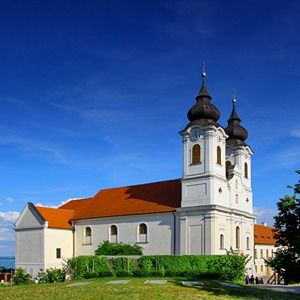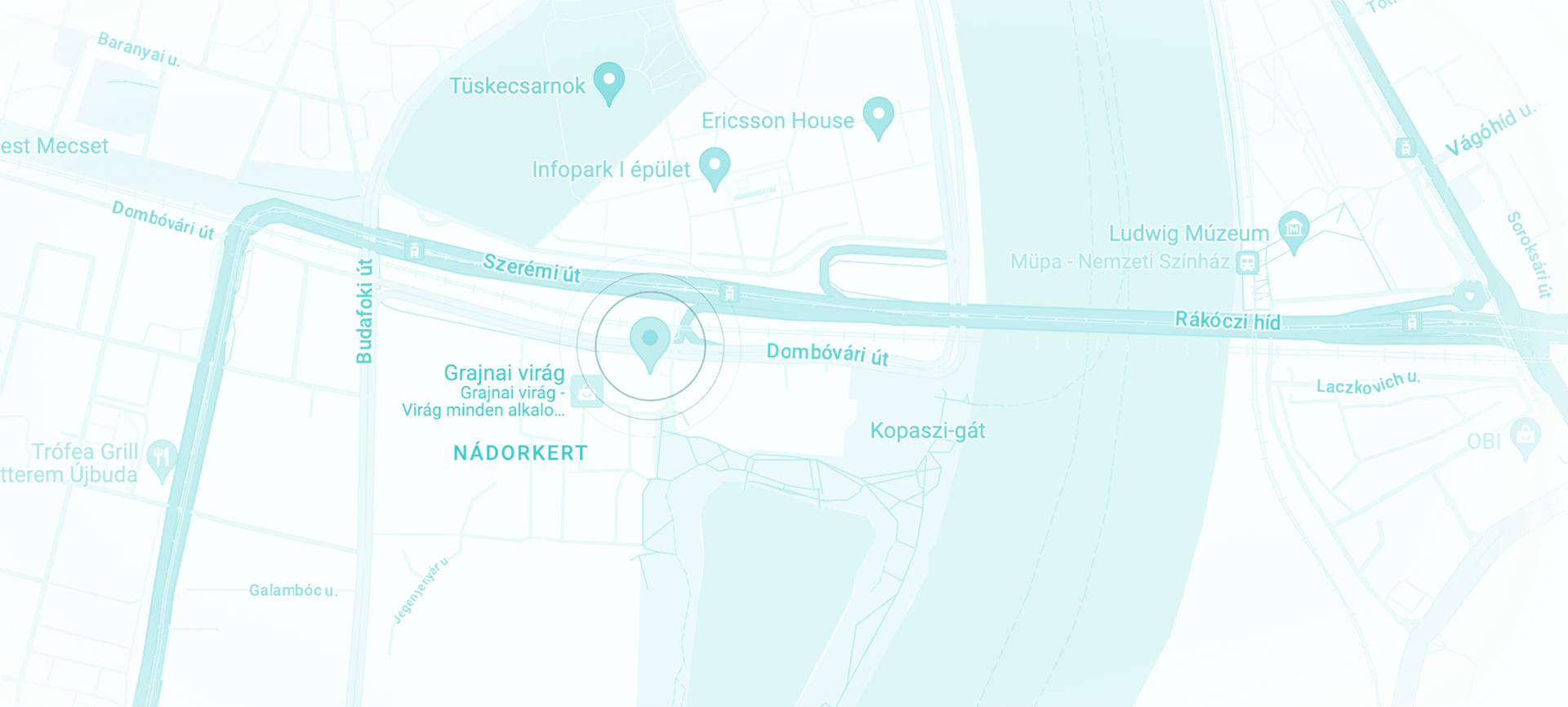
Christian holidays in Hungary
The majority of Hungarians is not a practising Christian nowadays. However, holidays with Christian roots are observed out of tradition. Christian holidays are also state bank holidays, when offices and even most shops close, only restaurants and entertainment facilities are open – for utility providers and traffic operators, these days are like Sundays. Read about our secular holidays here.
The majority of Hungarians is not a practising Christian nowadays. However, holidays with Christian roots are observed out of tradition. Christian holidays are also state bank holidays, when offices and even most shops close, only restaurants and entertainment facilities are open – for utility providers and traffic operators, these days are like Sundays. Read about our secular holidays here.
Easter
This holiday celebrates the resurrection of Jesus Christ, considered the son of god in Christianity. It falls on a different date each year. Usually, it is at the end of March or beginning of April. Easter is roughly at the same time as earlier non-Christian festivals celebrating spring, the rebirth of nature and fertility. Because of this, lambs, rabbits and eggs are all considered symbols of Easter. Traditional Easter meals consist of smoked pork ham, hard boiled eggs or egg salad. Children are given chocolate figurines of bunnies and chocolate eggs.
Besides Resurrection Sunday and Easter Monday, Good Friday is also a bank holiday starting from 2017.
Pentecost
Pentecost commemorates the sending of the Holy Spirit to the followers of Jesus. It is celebrated on the Sunday and Monday 7 weeks after Easter. Accordingly, it usually falls to the month of May. Since the time of Pentecost depends on the time of Easter, this holiday is also without a fixed date. Folk customs associated with Easter and Pentecost are no longer celebrated in Budapest. Most people just use the extra days off to enjoy spring by going hiking, or on a mini-vacation, taking advantage of the long weekend.
All Hallows and All Souls’
The 1st of November is All Hallows Day (or All Saints’ Day). However, most people use it to visit the graves of their loved ones. This is in commemoration of the following day, day of the dead, called All Souls’ Day in Christian custom, celebrated on the 2nd of November (which is not a bank holiday). They bring fresh flowers and light candles on the graves, and solemnly share some memories with family members.
Christmas
The last and most famous of Christian holidays is Christmas. It celebrates the birth of Jesus Christ. Officially, the 25th and 26th of December are the days of Christmas. However, in Hungary, most family celebrations and gift-giving happens on the evening of the 24th. As a result, although the 24th is officially a regular work day, it is actually rather a “half day”: most employees are allowed to leave early, shops close around noon, and even public transport switches to night mode around 4 p.m. Moreover, in recent years it has been always designated as an official rest day.
Most traditional Christmas meals have dishes of sweet water fish. Sweet pastries filled with poppy seeds or walnuts are also popular. Many families and even shops and offices have a Christmas tree. This is a pine tree decorated with ornaments or gingerbread cookies to celebrate the holiday. Unlike in other European countries, Santa Claus does not visit on Christmas – he has his separate celebration on the 6th of December (which is not a bank holiday).
Want to learn about bank holidays in 2025? Click here!
Contact
Contact us today
Monday - Friday
9am - 5pm CET
Helpers Hungary Kft
Budapart Gate
Dombóvári út 27
Budapest 1117, Hungary
If you’re visiting us, please use entrance A and come to the 2nd floor.






